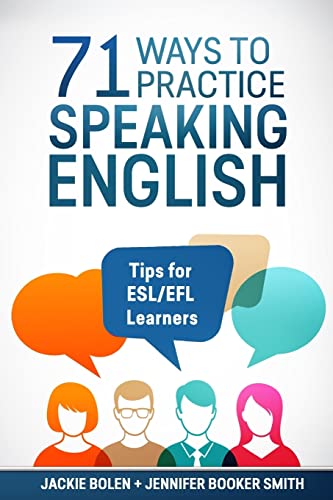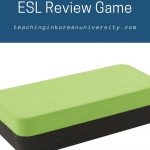Do you want to improve your English speaking ability? Then keep on reading to find out more about using language chunks, along with how to learn them more quickly.
Speak English Better by Studying Language Chunks
There are many reasons why someone would want to speak English better. Perhaps you want to get a better job, or even just quality for one. Maybe you want to travel to foreign countries. Or perhaps speaking English fluently is a requirement for your school program.
Whatever your reason for wanting to speak English better, we’re here to help! We’ll give you one of our top tips to help you speak English more fluently.
If you really want to become fluent in speaking a language, you need to have a core of multi-word chunks that are easy for you to remember. The key is to get your brain to automatically think of them together. The way that you can do this is through practice! We’ll give you some examples so you can understand what we mean.
They can also help you get a better score on IELTS speaking.
Some Language Chunk Examples
Collocations: I want to buy two BARS OF SOAP please.
Phrasal verbs: blow up, break down, catch up.
Idioms: It’s raining cats and dogs.
Sentence frames: Whales HAVE lungs, BUT fish HAVE gills.
Sentence starters: The first thing that happened was … After that, …. Finally, …
Conversational routines: A: Thank you. B: You’re welcome.
Where to find these language chunks? Consider taking a look at some authentic materials written for native English speakers.
An Example of Language Chunks
Consider this sentence: “I left my book on the desk.” There are three chunks of information: I left, my book, on the desk. Each chunk has one piece of information. So, longer subjects and phrasal verbs would be considered separate chunks. Pauses in your speech should occur between chunks.
In order for these things to become automatic, you need targeted practice. Study some of these things and then use them! Use them in writing. Use them when speaking.
Keep your eyes open for them when reading. Keep your ears open for them when listening. There are a million ways to practice them so just be creative. The key is to use them as much as possible and also to make sure you catch them when reading or listening.
Vary your Focus
It can be helpful to focus on one of these areas of language for a period of time, then focus on another. For example, spend a month or two studying collocations (words that are frequently used together).
Then spend the next month or two focusing on phrasal verbs (two-three word verbs). Combine the new language with the previous language so you don’t forget what you have already learned. For example, “My son tore up ten PIECES OF PAPER and made a huge mess.”
For even more details about studying language chunks, head on over to the British Council’s website. They have a ton of useful information and helpful resources.
British Council-Language Chunks
71 Ways to Practice Speaking English: Tips for ESL/EFL Learners
- Bolen, Jackie (Author)
- English (Publication Language)
- 42 Pages - 01/26/2017 (Publication Date) - CreateSpace Independent Publishing Platform (Publisher)
Did you like this tip for how to speak English better by studying language chunks? Then you’re going to LOVE this book by Jackie Bolen and Jennifer Booker Smith. There is this tip on studying language chunks, plus 70 more ways to practice speaking English. Our goal is to help you speak English more fluently in no time.
Seriously, it’s quicker and easier to improve your English speaking ability than you might think with these fun and interesting ideas.
Pick up your copy of 71 Ways to Practice Speaking English on Amazon today.
Have your Say about Studying Language Chunks
Do you have any tips or tricks for learning English chunks? Leave a comment below and share them with us.
Also be sure to give this article a share on Facebook, Pinterest, or Twitter. It’ll help other English learners, like yourself find this useful resource.
Last update on 2022-06-17 / Affiliate links / Images from Amazon Product Advertising API





